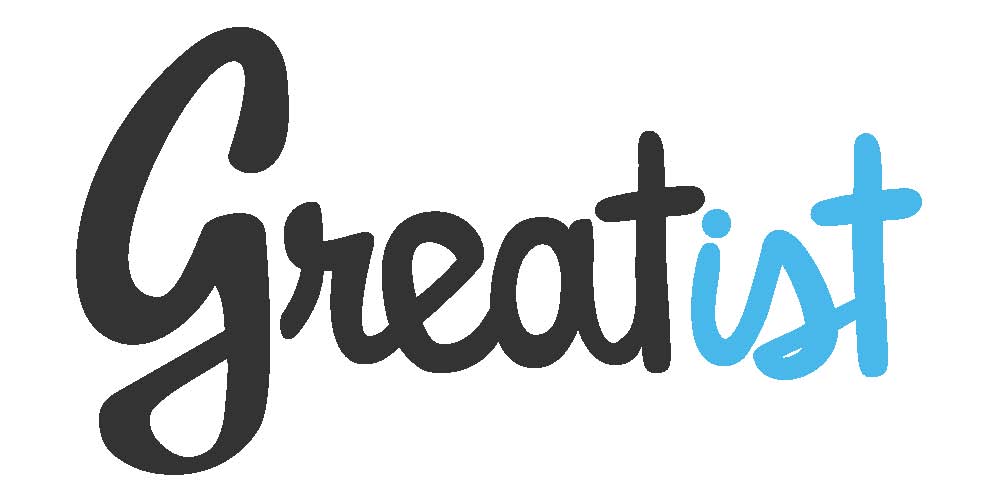

By Taylor Wells, the founder and owner of Prana Power Yoga™ (with five studios in Massachusetts and New York), author of Create the Best Life Ever and a United Nations Yoga Peace Ambassador.
Are you flexible? I don't mean, “Can you touch your toes?” Because honestly that's not important to me. When it comes to yoga, it doesn't matter if you're “flexible.” That's a myth. What matters is that you show up. And breathe. And do your best with breath. With a clear intention.
Allow me to explain. I believe that emotional, mental, and spiritual flexibility are virtuous and life-enhancing, and when it comes to yoga practice, paramount. My metaphor of choice: Compared to reeds in the field, trees look strong. But when the storms come, the trees can be uprooted, while the reeds move back and forth with the wind (read: change) and remain grounded. They're still standing when the storm (read: drama) passes.
When you cling to anything -- your thoughts, beliefs, positions, possessions -- and aren't willing to let your heart and mind bend back and forth a bit with the ideas and actions of others, you can easily be uprooted and slammed. One email can throw you off; gossip can flatten you.
Being like a reed doesn't mean being wishy-washy. It means moving a little with the winds of the time and change while remaining solidly anchored in the earth. In other words, flexible while deeply rooted.
So just how flexible are you? Would you identify yourself as intense or as someone who has a hard time laughing or enjoying things that challenge your opinions or routine? Might the people in your life describe you as rigid? Or are you open-minded and flexible, with an ability to be light and appreciate silliness?
When it comes to your own flexibility, what are you teaching your children, family, colleagues and friends -- or lack thereof?
Another way to assess your openness and/or emotional flexibility (besides asking and being honest with yourself) is to notice how you respond when someone brings up something new -- a different plan than you expected, an idea or a concept. Are you reactive or open? Do you cling to the "original plan" or are you open to another suggestion? Do you agree with what is proposed from a place of people-pleasing but feel emotionally resentful or angry? Does your body tense up, or do you feel stress and aggravation?
The next time something new is proposed, become curious, notice what goes down. Think of it as a journey, not a judgment of yourself. If what you notice on that journey is that you aren't as open and emotionally flexible as you thought or had hoped, that's great too, because now you have awareness and can take simple steps toward change. Because an open, loving heart and mind will translate into more joy in your life.
There are so many things you can do to cultivate openness and emotional flexibility. As the founder of Prana Power Yoga™, it's not surprising that I'd suggest getting on your mat. But you don't need to do it every morning at 4 a.m. for 90 minutes with incense burning. It can literally be two minutes on your mat (which you can place strategically next to your bed before you fall asleep at night) in rag doll (standing forward bend) while slowly breathing in and out and setting your intention for the day.
Here are some simple steps you can take toward cultivating openness and emotional flexibility:
1. Slow down. Breathe. Make eye contact with the person with whom you are speaking. This will allow you to be fully present, which is a precursor to being open.
2. Listen. Very few people actually listen. It's astonishing to me. If you are a good listener you will just naturally be more open and emotionally available. And you will have many friends!
3. Count to 10 in your head before responding. Maybe you don't need a full 10 seconds, but the point is to pause and take in what the person is telling you before reacting or thinking about your response.
4. Wake up 15 minutes earlier and sit quietly with your eyes closed. Set an intention for your day and visualize how you would like it to go. See yourself smiling and open. See others smiling back at you and interacting with you in a positive way.
5. Try something new every day, even if it's just eating something different for breakfast. Build a new pathway. Openness and emotional flexibility are muscles like anything else. So all it takes is practice, practice, practice.
6. Get on your yoga mat as often as possible. (It's worth repeating because it works.)
People often ask me, “Does a regular yoga practice lead to more spiritual and emotional flexibility or is spiritual flexibility required to start a yoga practice?"
All that is needed to start a yoga practice is showing up to your mat. That's it! The rest will take care of itself. Yoga will meet you where you are. Always.
Yoga doesn't require physical flexibility (the No. 1 myth about yoga and the reason more people don't show up to practice), but it will naturally come about over time. And even more fun and amazing, once you cultivate a consistent yoga practice, emotional and spiritual flexibility will also come easier. It won't require thought or planning or angst. You'll just start to notice -- and so will others! -- that you're becoming more flexible in these areas. And just like the reed, the "storms" will be much easier to navigate.
